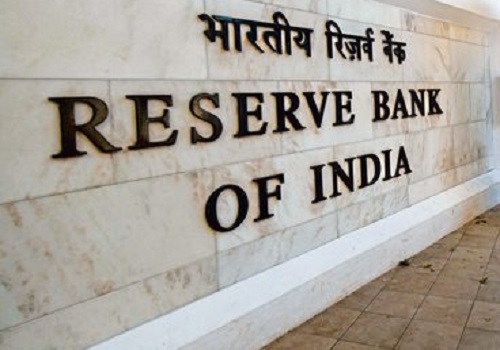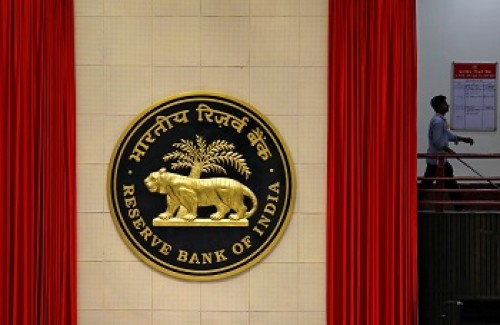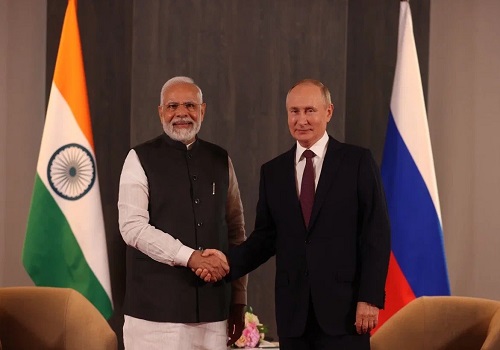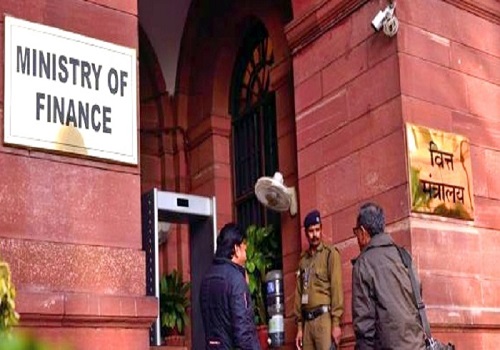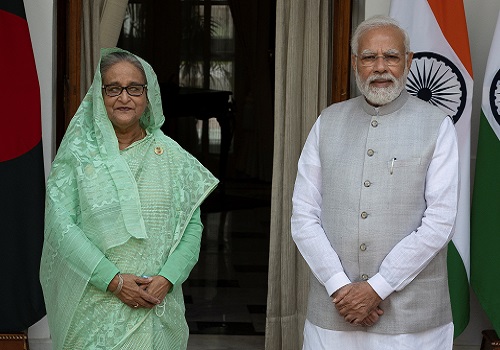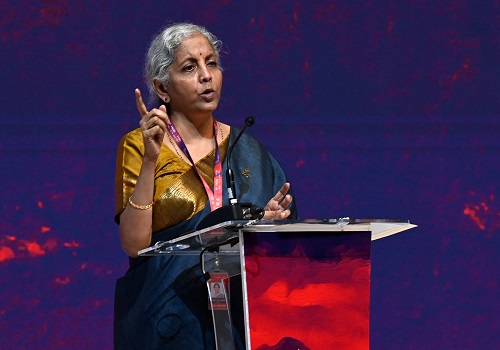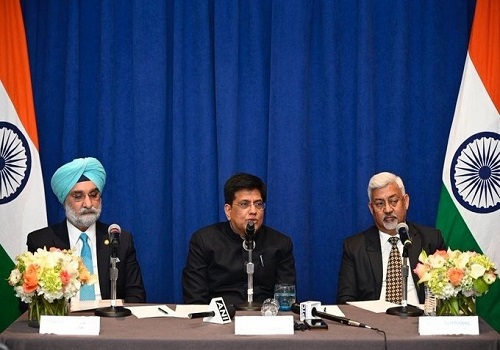India's June retail inflation accelerates to 7.01% y/y - Govt
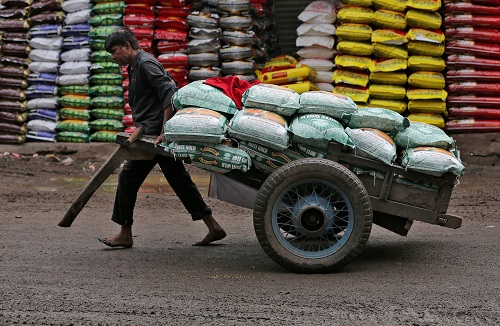
Follow us Now on Telegram ! Get daily 10 - 12 important updates on Business, Finance and Investment. Join our Telegram Channel
By Manoj Kumar
NEW DELHI -India's annual consumer inflation eased slightly to 7.01% in June from 7.04% the previous month, remaining painfully high and beyond the central bank's tolerance band for the sixth month in a row as it battles to rein in price rises.
June's print was lower than the 7.04% forecast by economists in a Reuters poll, but higher than 6.26% in the year earlier period, data released by the National Statistics Office showed on Tuesday.
Economists said retail prices are showing little sign of cooling despite the Reserve Bank of India raising its benchmark repo rate by 90 basis points over the last two months and the government slapping export curbs on wheat and other food items.
"The June print hints at RBI (Reserve Bank of India) continuing to remain aggressive over the next few meetings with its policy rate action," said Kunal Kundu, economist at Societe Generale.
A Reuters poll showed India's inflation is expected to hold above the central bank's tolerance band for at least the rest of 2022, making several more interest rate hikes in coming months all but inevitable.
The RBI's Monetary Policy Committee (MPC) raised its benchmark repo rate by 50 basis points to 4.90% last month, while hinting at more rate hikes to come.
The MPC will meet from Aug. 2-4, and is expected to raise rates by 25-50 basis points.
Core inflation, excluding volatile food and energy prices was estimated at 5.96% to 6.2% in June, slightly lower than the previous month, said three economists, after the data release.
Food inflation, which accounts for nearly half the CPI basket, rose 7.75% year on year in June, compared with 7.97% in the previous month.
A nearly 7% fall in rupee against the dollar so far this year has pushed up prices of imported food and made energy products costlier for consumers.
(Additional reporting by Rama Venkat, Nallur Sethuraman and Chris Thomas in Bengaluru; Editing by Andrew Heavens, Kirsten Donovan)










Tag News

Monthly Debt Market Update, September 2023: CareEdge Ratings





 320-x-100_uti_gold.jpg" alt="Advertisement">
320-x-100_uti_gold.jpg" alt="Advertisement">


